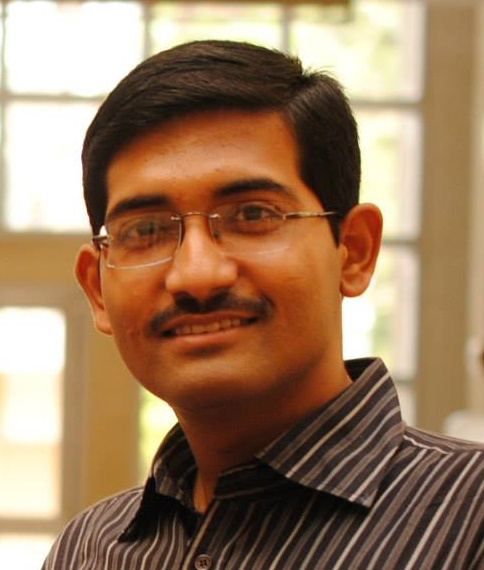Hello World!
I have joined as an Assistant Professor in the Department of Computer Science and Engineering at Indian Institute of Technology Kharagpur from August 2017.
Prior to this position, I also served as an Assistant Professor in the Department of Computer Science and Engineering at Indian Institute of Technology Madras from August 2015 to July 2017.
My primary areas of research interest broadly include Formal Methods, Design Verification, VLSI CAD, Artificial Intelligence and Machine Learning.
I have joined as an Assistant Professor in the Department of Computer Science and Engineering at Indian Institute of Technology Kharagpur from August 2017.
Prior to this position, I also served as an Assistant Professor in the Department of Computer Science and Engineering at Indian Institute of Technology Madras from August 2015 to July 2017.
My primary areas of research interest broadly include Formal Methods, Design Verification, VLSI CAD, Artificial Intelligence and Machine Learning.
